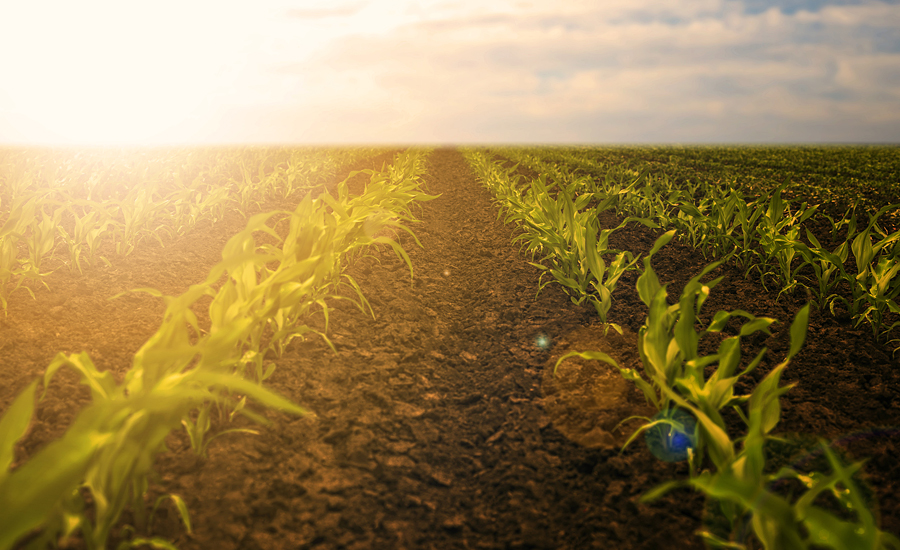The third edition of the Global CSR Risk and Performance Index offers key insights on supply chain sustainability performance of more than 30,000 companies assessed by EcoVadis, Paris, in 2016-2018.
The report provides comprehensive snapshots of nine industry divisions as well as performance comparisons by company size and region. These are based on over 40,000 scorecards that cover four themes—environment, labor and human rights, ethics and sustainable procurement covering 21 sustainability criteria. Scores are based on a scale of 0-100. About 5% of organizations score above 64, which represents “advanced” to “outstanding” performance, while companies with scores above 45 are considered “engaged.” Scores of 25-44 represent medium risk, and scores below 25 are considered high risk.
Here are the Top 5 highlights from the study:
- Global sustainability performance appears to have leveled off despite increased corporate commitments to create more responsible economy. About half of the assessed companies (50.7) received scores of 45 or higher. This compares to 49.2% in 2017 and 50.5% a year earlier. At the same time, the proportion of companies scoring above 65, which signifies an “advanced” or “outstanding” approach to sustainability, remained at around 5%. When it comes to companies that pose high sustainability risk, i.e. those with scores below 25, the figure also remains at the level of around 4-5%.
- Companies place greater emphasis on labor and human rights issues. Labor and human rights was the highest-scoring theme out the four assessment areas. It also saw the largest score increase compared to other themes (average score of 46.7 compared with 45.4 the previous year). This is likely linked to the growing attention assigned to human rights issues with states introducing various due diligence or disclosure laws.
- Companies generally receive higher scores in their second rating. As much as 81% of small and medium-sized companies and 75% of large companies, which have been assessed at least twice, maintained or improved their performance in their latest assessment. This demonstrates that once an organization commits to sustainability improvements, this commitment pays off.
- Small and medium-sized companies generally receive higher scores than large ones. Bearing in mind that EcoVadis assessments are scaled by size, with a significantly higher threshold for large companies, small and medium-sized companies still score consistently higher than large ones. In 2018, the two groups were rated at 42.1 and 41.3, respectively. Also, small and medium-sized companies account for some 80% of all the organizations assessed.
- European companies outperform other regions. This is consistent with the findings in previous editions. Only European companies have seen a steady score improvement over the past three years, but they are the first group ever to receive an overall average that exceeds 50. Europe is followed by North America, Latin America and the Caribbean and then Greater China.


